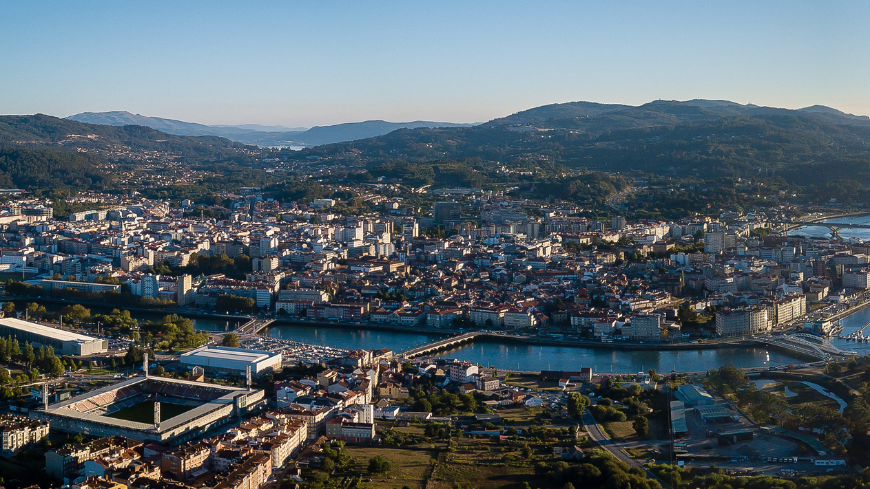A selected number of ICC members will have the chance to participate in the first in-person Study visit organised by the ICC programme following the Covid-19 pandemics. The visit will take place to Pontevedra, on 26-30 September 2022.
The environmental and health related crisis, have disproportioned negative impacts on socially disadvantaged groups, including migrants and minorities, who are further exposed to environmental stress factors because of urban segregation, unsatisfactory housing conditions, and job precarity. However, despite an increased use of green policy strategies of urban renewal, the most vulnerable groups are frequently not included, when not displaced, in interventions or actions that transform our cities. On the contrary, urban renovation processes often results in cities losing identity, diversity and opportunities for intercultural interaction. So… how can local green infrastructures become a factor of inclusion? Which policies must be put in place to ensure that the greening of cities helps reducing segregation and increasing intercultural interaction?
Placemaking Week Europe is Europe's founding and largest placemaking gathering. In the spirit of collaboration and inspiration, over 400 practitioners meet every year to share knowledge, learn and network. Thanks to a partnership between Placemaking Europe and the ICC programme, this year a restricted number representatives of ICC member cities will have the possibility to participate in the event. During the 4-days event, the ICC programme will further hold a public session to present its Policy brief on Green urban planning for Intercultural Cities.
The ICC session: Sustainable cities: how to make them more inclusive? - Merging the green and inclusive agendas: joint planning for mutual benefit
The climate and health crises have shown that it is frequently socially disadvantaged groups who face the largest negative impact. This is often due to risk factors such as urban segregation, unsatisfactory housing conditions, and job precarity. While cities across the globe are increasingly addressing the climate crises through greening strategies and urban renewal, it is noted that these solutions seldomly specifically address the situation of those who are most vulnerable, ensuring the impact is spread across the city, benefitting all residents equally and contributing to decreased inequalities.
This session will therefore examine how greening strategies can be used to help build more inclusive cities. Whether due to costs of implementation, city commodification, or the financial plus value produced for landowners, urban renovation processes often result in cities losing identity, diversity and opportunities for intercultural interaction. To begin to find a response to these challenges, the Intercultural Cities programme has collected practices from the member cities and beyond to assess which policy solutions could be efficient in reducing segregation, increasing intercultural interaction, furthering real equality and building on the diversity advantage, while effectively achieving the green targets for the cities.
During the session challenges, needs and practices from the local level with a view to highlight solutions that can help policymakers and practitioners design inclusive sustainable cities will be discussed in the form of case studies. The discussion will focus on the social impact of the policies, with on the view to ensuring equal rights and opportunities for all and promoting the participation of various groups of urban dwellers in political and urban decision-making.
The session will be led by the Council of Europe Intercultural Cities programme and Working With the 99%
On-the-spot visit: Why Pontevedra
Pontevedra generates inspiration and innovation, offering since 20 years an exemplary model of a human scale city, dense and diverse in its functions, in which everything you need is accessible within walking distance. As the experience of pandemics and conflict has shown, the value of a city is not only in its physical proximity. Along with it, a thriving city must also meet relational proximity, through which people have plentiful and equitable opportunities to meet, support, and care for each other and the environment.




